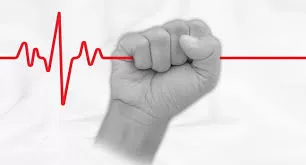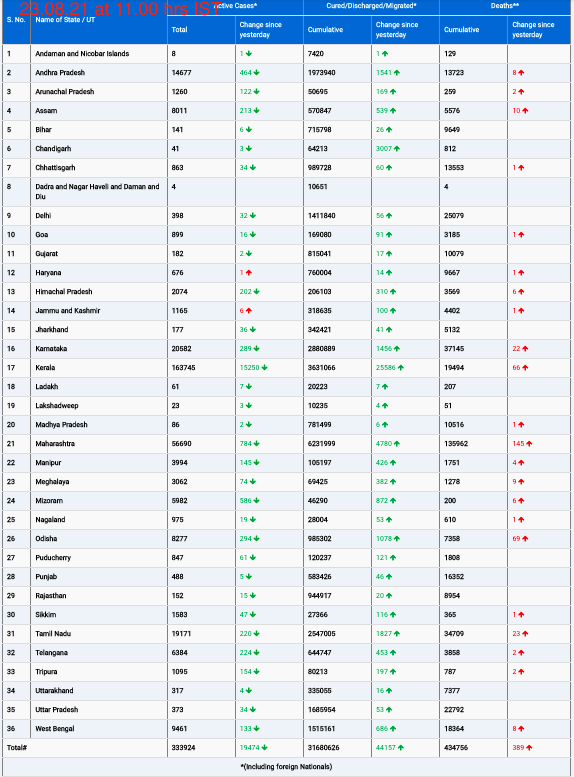In a significant development, experts have lauded the Union Health Ministry’s draft bill on passive euthanasia, calling it a “progressive step” toward patient dignity and healthcare reform. The draft guidelines, released recently, propose a structured framework for doctors to take a “considered decision” regarding the withdrawal of life support in terminally ill patients.
Passive euthanasia, a controversial yet evolving aspect of medical ethics, involves intentionally allowing a patient to die by withholding or withdrawing life-sustaining treatments. Unlike active euthanasia, where an intervention actively hastens death, passive euthanasia lets the patient pass naturally by discontinuing life support systems. The Union Health Ministry’s draft guidelines define passive euthanasia as appropriate “in a patient’s best interests, to discontinue life support when a terminally ill disease no longer benefits the patient and may even cause harm by prolonging suffering and loss of dignity.”
A Positive Step Forward
Experts have welcomed this draft bill as a progressive policy that balances medical ethics with patient autonomy. Dr. Harshal R. Salve, Additional Professor at the Centre for Community Medicine, AIIMS, New Delhi, commended the draft bill for its potential to reduce the strain on the healthcare system while safeguarding the rights of patients. “This will go a long way in ensuring the welfare of family members, attendants, and the patient, as well as reducing out-of-pocket expenditure,” said Dr. Salve, emphasizing the burden that prolonged life support can place on both families and India’s overstressed healthcare infrastructure.
The guidelines cover scenarios in which passive euthanasia might be considered, including cases where a patient is declared brainstem dead or when an advanced stage of illness offers little hope of recovery. The guidelines also account for patients with severe, devastating traumatic brain injuries who show no recovery after 72 hours or more. Importantly, informed consent—either directly from the patient or from a surrogate decision-maker—along with adherence to procedures prescribed by the Supreme Court, are mandatory before making any decisions about discontinuing life support.
Balancing Dignity and Ethical Concerns
Dr. Rajat Agrawal, Director and Head of Critical Care at Fortis Escorts Heart Institute, expressed strong support for the draft bill, highlighting the importance of preserving patient autonomy and dignity. “Prolonging life on artificial life support reduces the dignity of the individual and burdens both society and stretched healthcare systems,” said Dr. Agrawal. He emphasized that passive euthanasia could alleviate patient and family suffering while preserving their dignity.
However, some experts voiced concerns regarding the ethical and practical implications of the draft guidelines. While the bill aims to support patients and families, it also places considerable responsibility on physicians. Some fear that physicians could face increased litigation risks from families dissatisfied with end-of-life care decisions. Moreover, there are concerns that the bill could be misused, particularly in vulnerable patient populations.
Dr. Agrawal acknowledged these concerns, noting, “It has the potential to be misused for vulnerable patients. A section of the medical fraternity may also feel that it goes against the First Principle of Medicine: Do no harm.” To address these challenges, Dr. Agrawal suggested that the draft bill must be firmly rooted in the framework of the Indian Constitution, ensuring that clear communication between healthcare providers, patients, and families remains central to decision-making.
The Need for Stronger Palliative Care
While passive euthanasia can provide relief for terminally ill patients, experts also emphasized the importance of strengthening palliative care systems in India. Comprehensive palliative care support, combined with clear guidelines and strong legal backing, can help ensure that passive euthanasia is used ethically and compassionately, reducing suffering for both patients and families.
As India continues to navigate complex ethical questions surrounding end-of-life care, the draft guidelines on passive euthanasia represent a significant step toward balancing patient autonomy with medical responsibility, ensuring that dignity and compassion remain at the forefront of healthcare decisions.












